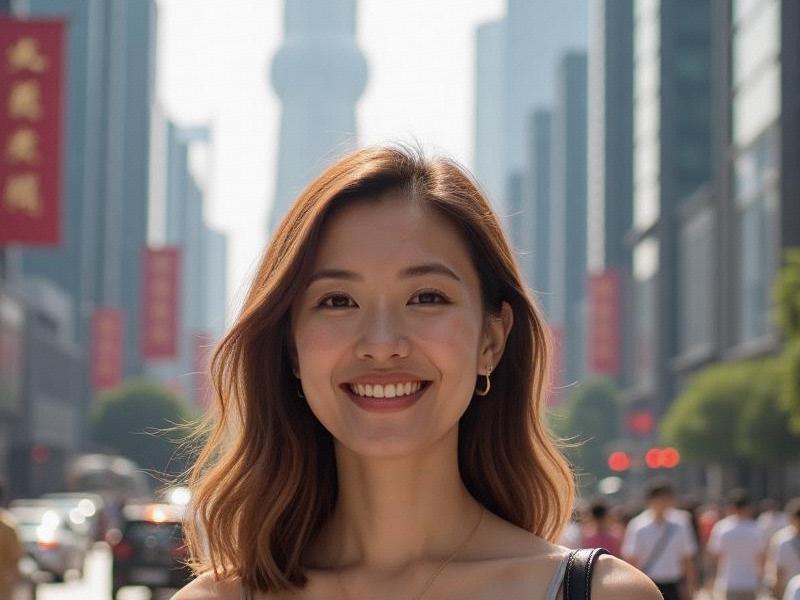This in-depth feature explores how educated, cosmopolitan Shanghai women are reshaping traditional gender norms while creating a distinctive urban femininity that blends Chinese values with global influences.

The morning rush hour at Shanghai's People's Square metro station reveals a telling sight: streams of well-dressed young women clutching designer handbags and iced lattes, their determined strides matching the city's relentless pace. These are Shanghai's "golden collar" women - educated, ambitious, and redefining what it means to be a modern Chinese woman.
Shanghai has long been China's crucible of female empowerment. As early as the 1920s, the city nurtured "modeng xiaojie" (modern ladies) who challenged foot-binding traditions. Today, its women lead the nation in higher education attainment (63% of master's degrees) and corporate leadership (38% of senior management positions). "Shanghai girls grow up seeing female role models everywhere - from grandmothers who managed household finances to mothers who built careers," explains Fudan University sociologist Dr. Li Wenjing.
上海龙凤阿拉后花园 The statistics paint a striking picture. Shanghai women marry later (average age 30.2) than any other Chinese city and have the lowest fertility rate (0.7 children per woman). Yet they dominate the city's cultural and economic life, founding 42% of new businesses and comprising 58% of art gallery visitors. Their spending power fuels Shanghai's luxury market, which saw 28% growth last year - largely driven by female consumers aged 25-40.
Fashion reveals this evolving identity. On Nanjing Road, traditional qipao boutiques neighbor avant-garde studios like Labelhood, where young designers blend Chinese elements with streetwear. "Shanghai style isn't about blindly following Paris or Milan," says rising designer Zhang Tian. "It's about confidence - pairing a ¥30,000 Hermès bag with ¥300 sneakers from a local brand." This sartorial fusion mirrors broader cultural negotiations between tradition and modernity.
上海龙凤419自荐
The workplace tells another story. While glass ceilings persist, Shanghai's women are pioneering flexible paths. Tech entrepreneur Vivian Wu founded her AI startup after leaving Alibaba, securing ¥50 million in venture capital. "My generation values autonomy over stability," she says, echoing a sentiment reflected in the city's 31% female entrepreneurship rate. Even traditional sectors are changing - the Shanghai Stock Exchange recently appointed its first female president, 45-year-old financial expert Zhou Xiaojuan.
上海龙凤阿拉后花园 Yet challenges remain. The "leftover women" stigma still pressures unmarried women over 27, despite growing pushback. Feminist writer Lin Xia advocates through her popular podcast "Nü Li Liang" (Women's Power), which tackles workplace discrimination and sexual harassment. "Legal protections exist," she notes, "but cultural change lags behind."
Shanghai's unique history shapes this evolution. As a treaty port, it absorbed Western influences while maintaining Chinese roots. The result is a distinctive urban femininity - pragmatic yet romantic, ambitious but family-oriented. In Xintiandi's jazz bars and Pudong's corporate towers, Shanghai's women continue writing their own rules for modern womanhood, proving that in China's most cosmopolitan city, tradition and progress aren't opposites but dance partners in an endless waltz.